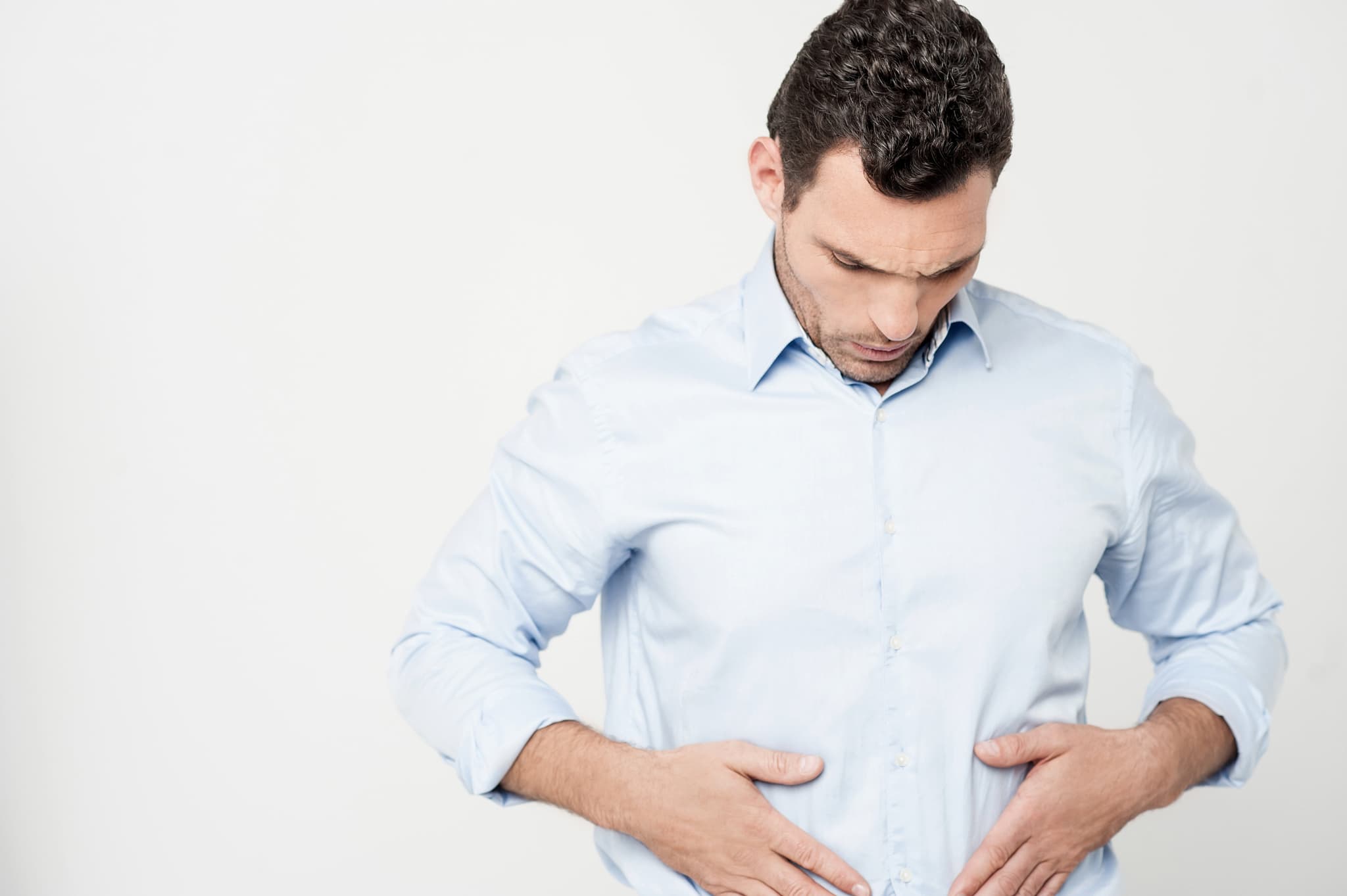
2025-08-12T11:38:49
Health Benefits of Fiber
- Family Medicine
- Gastroenterology
- Internal Medicine
- Weight Management
![]() Medically reviewed by Casey Owens MD.
Medically reviewed by Casey Owens MD.
January 13, 2017 | Gastroenterology
Specialties:Gastroenterology

Have you ever eaten a big meal and felt a burning or tightening pain in your chest several hours later? Is the pain difficult to relieve even when repositioning your body?
You may be experiencing symptoms of heartburn—a common condition that affects more than 60 million Americans at least once a month. The name “heartburn” is a bit misleading, though, as this condition doesn’t relate to the heart. Heartburn, in fact, doesn’t occur in the heart at all. Heartburn starts in the esophagus, and is actually a symptom of other medical conditions called acid reflux and GERD. What are these conditions, how do they cause heartburn, and what are their effects? Here’s a look.
Acid reflux disease is a condition in which acid from the stomach moves up into the esophagus when a particular esophageal muscle (called the lower esophageal sphincter, or LES) stays open for too long or doesn’t close completely. The chronic form of acid reflux disease is called gastroesophageal reflux disease, abbreviated GERD. GERD is usually diagnosed if a person experiences symptoms of acid reflux twice a week or more.
There are several potential causes and risk factors for acid reflux disease and GERD:
The most common symptom of acid reflux disease is heartburn—a burning pain that can be present anywhere from your lower stomach all the way up to your throat. Heartburn is tied to factors like weight, diet and certain lifestyle habits, such as smoking. Isolated cases are usually treated with antacid medications.
There are several other common symptoms of acid reflux disease and GERD:
Acid reflux disease is usually easy to identify, and if you experience acid reflux more than twice a week, or if antacids don’t relieve your symptoms, it’s time to see a doctor. Your doctor will perform one of several tests to check your esophagus, stomach or acid levels.
In many cases, acid reflux and GERD can be relieved with certain preventive measures and lifestyle changes. Talk with your doctor to find a plan that works for you.
Preventive Measures:
More often than not, basic lifestyle changes can effectively alleviate or even eliminate acid reflux issues. A few suggestions include:
Medications:
In some severe cases, medications are needed. These can include basic antacids like Rolaids, but they can’t be overused as they can cause diarrhea or constipation.
Other medications your doctor might recommend include:
Surgery:
In extreme cases, surgery might be necessary as treatment. Surgery can be effective if other methods of treating GERD are ineffective. Two common methods are:
If you are experiencing symptoms of acid reflux or GERD, schedule an appointment with your gastroenterologist. He or she will work with you to create a treatment and prevention plan that works for you.
I grew up in Utah County and graduated from Brigham Young University. I received my medical degree from the University of Virginia, and I finished my residency in internal medicine at the University of Utah where I also served as chief medical resident. As a doctor, I recognize the tremendous trust my patients place in me, and I do my best to help them understand not only their medical issues but also the plan—the how and why—behind helping them feel better. I love the challenge posed by all gastrointestinal disorders but especially enjoy the challenges and intricacies of Crohn’s disease and Ulcerative Colitis.
WRITTEN BY:
Gastroenterology

2025-08-12T11:38:49

2023-03-27T14:47:45

2021-09-02T11:02:37

2018-02-28T12:25:41
This information is not intended to replace the advice of a medical professional. You should always consult your doctor before making decisions about your health.